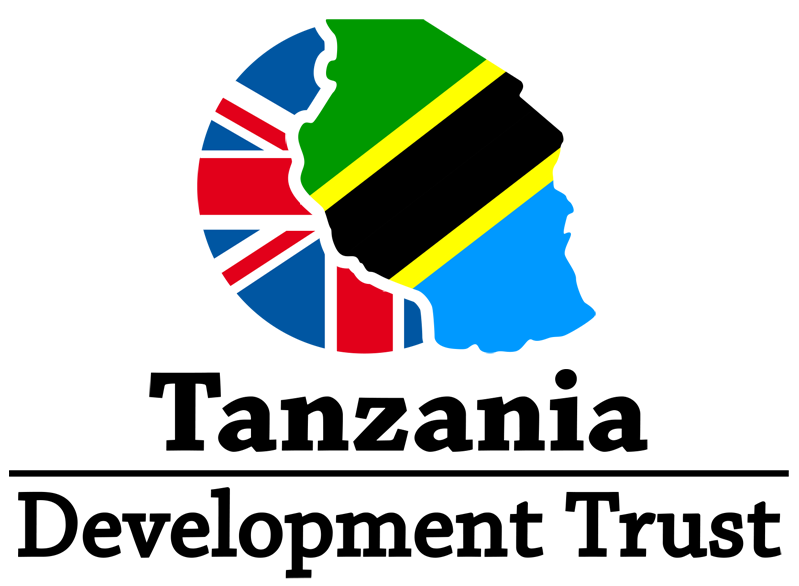This content is for subscribed members only. If you already have an account, click here to log in.
Not subscribed yet? Click here to create a FREE account to get instant access to our insights.

This content is for subscribed members only. If you already have an account, click here to log in.
Not subscribed yet? Click here to create a FREE account to get instant access to our insights.
Share on